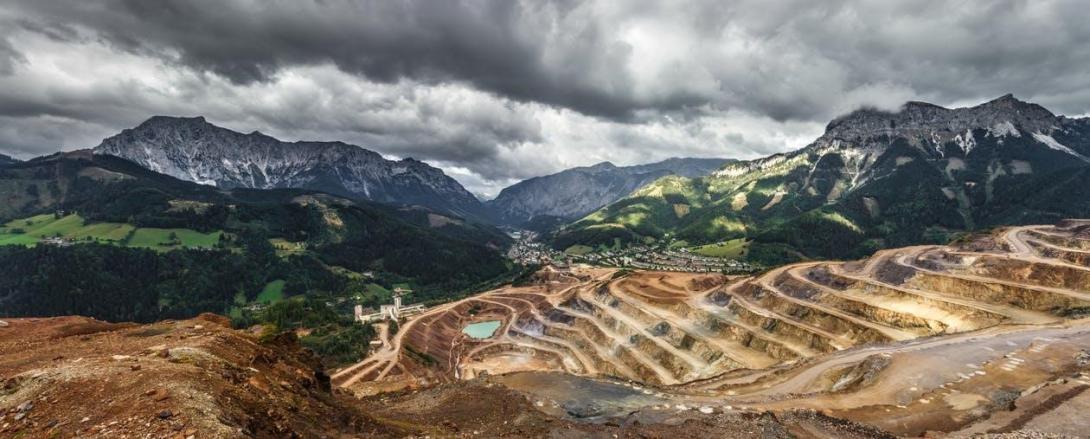
 Back to Career Explorer
Back to Career Explorer
Restoration Ecologist
Those working in the field of restoration ecology work to repair the effects that humans have on the land through development and the extraction of natural resources.


 Back to Career Explorer
Back to Career Explorer
Those working in the field of restoration ecology work to repair the effects that humans have on the land through development and the extraction of natural resources.
